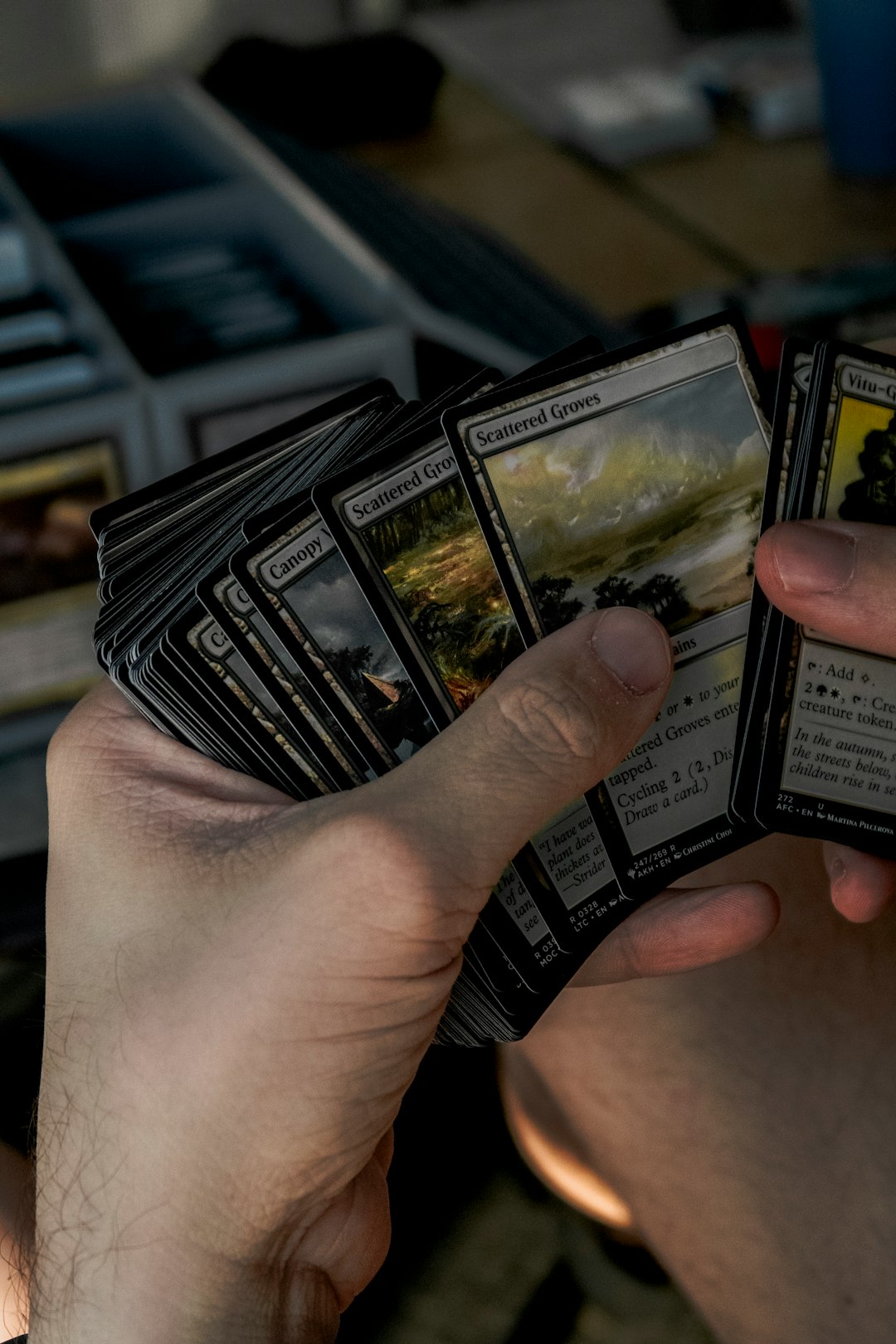The Competitive Elder Dragon Highlander (CEDH) community thrives on collaboration, innovation, and incremental improvement. A key part of this environment is the sharing and refining of decklists through communal platforms like the CEDH Deck Database. But simply uploading a decklist to the database isn’t enough—there are unspoken standards and best practices in how one posts, sources, and versions a deck. Following proper etiquette ensures the database remains a reliable, informative, and constructive resource for the entire community.
This article aims to highlight the expectations of the CEDH community when it comes to adding decklists to the database. It outlines the fundamental practices of decklist submission, the importance of giving proper credit, and how to use versioning effectively. Whether you’re a seasoned brewer or submitting your first deck, understanding and adhering to these guidelines will help ensure your contributions are valuable and welcomed.
Posting: Submitting Decklists with Purpose
Before submitting a deck to the CEDH database, it’s important to evaluate whether the list adds something meaningful to the existing collection. CEDH is a rapidly evolving format, and redundancy can clutter the resource pool. Ask yourself:
- Does this list showcase a unique take on an existing archetype?
- Is the deck optimized for competitive play and tested in real environments?
- Are the card choices intentional and backed by rationale rather than just personal flair?
When posting, clarity is key. The list should be hosted on a permanent and readable platform—such as Moxfield or Archidekt—to ensure consistency and longevity. Avoid spreadsheets or personal blogs unless they’re an established reference with clear formatting.
Your submission should also be accompanied by a short write-up. This can be placed within your deck link, or alongside the submission. Include details like:
- Your role in the creation or refinement of the deck.
- Matchups the deck is designed to handle well.
- Any particular innovations or tech choices that set your build apart.

In addition, be aware of balance. While novel ideas are encouraged, the list should represent the most optimized iteration that still respects the goals of competitive EDH. Submitting a meme build can be fun in the right context—but those are better reserved for casual formats or Discord discussions, not the main database.
Sourcing: Crediting the Deck’s Origins
Recognition is a cornerstone of any content-driven community. When showcasing a deck in the CEDH database, it’s crucial to understand who contributed to its development. Many lists are the result of weeks—or even months—of rigorous testing, discussions, and tuning. Crediting other creators isn’t just polite—it’s expected etiquette.
If your deck is heavily based on an existing list, especially one already in the database or in a well-known Discord deck hub, be upfront about your inspirations. Use annotations or a ‘Credits’ section in your deck description. Typical phrases include:
- “Based on the original list by [Name] with modifications to the win conditions.”
- “Inspired by the tuning guide created by [Content Creator’s Discord/YouTube/etc.].”
If you’re unsure about whether a list you’re referencing is public, always ask before reposting or submitting derivatives. Respect creators’ wishes if they state that a deck is still a work-in-progress or meant for private discussions.
This transparency doesn’t detract from your contribution—it enhances it. Proper sourcing allows others to trace a deck’s evolution and learn from the rationale behind card inclusions or strategy shifts. It also fosters mentorship and mutual growth across the competitive EDH community.
Versioning: Keeping Lists Updated & Relevant
CEDH is a metagame-sensitive format, subject to flux based on bans, new printings, and emerging strategies. That’s why versioning is a powerful and necessary tool. When you submit a decklist, your responsibility doesn’t end there. High-quality submissions require upkeep.
Versioning refers to the practice of:
- Clearly dating each decklist version.
- Describing what changed and why.
- Maintaining a revision history (especially on sites that support changelogs).

This ensures that the community always has access to a recent, functional list that reflects current card pools and tuned sideboards. It also helps new players understand how certain archetypes adapt to meta shifts.
Versioning is especially important if your deck earns popularity. If it gains traction, others will look toward your upkeep to continue using it as a benchmark. Failing to update an outdated wincon or incorrect card categorization can lead to game-day confusion and misinformation for others trying to replicate the success of your build.
Maintaining Constructive Dialogue
CEDH can be fiercely competitive, but the database isn’t a battleground—it’s a collaboration tool. When submitting, reviewing, or providing feedback on decklists, maintain respectfulness and an intent to build others up, not tear them down.
Comments and recommendations should be backed by testing results or logical analysis. Personal attacks or elitism don’t belong in deck development discussions. Constructive dialogue promotes growth and encourages brewers from all backgrounds to contribute with confidence.
Conclusion
The CEDH Deck Database is a shared knowledge base. It succeeds when everyone treats it with the respect and consideration it deserves. By adhering to proper etiquette in posting, sourcing, and versioning, players don’t just maintain the integrity of the database—they elevate the format as a whole.
The next time you’re preparing to share a list you’ve worked hard on, take a step back. Are you giving credit where it’s due? Is your list up to date? Have you added your voice for a reason? If the answer is yes to all three, then you’re not just submitting a deck—you’re contributing to a legacy of high-level competitive Magic.
Frequently Asked Questions (FAQ)
-
Q: Can I submit a budget CEDH list to the database?
A: While budget lists can be informative, the CEDH database typically prioritizes optimized lists used in high-level play. Budget adaptations are better suited to dedicated forums or casual Discord environments. -
Q: What if multiple people claim they created the same deck archetype?
A: Deck archetypes often evolve simultaneously in different circles. Try to trace the publication history and give credit liberally. Acknowledge all contributors when in doubt. -
Q: How often should I update a submitted deck?
A: Ideally, after any major set release, emerging meta shifts, or when you’ve done significant testing that alters the list’s core strategy. -
Q: Is it okay to write long essays or primers for my deck?
A: Absolutely. In-depth primers are greatly appreciated and often signal that a list is well-thought-out and tested. Just ensure it’s organized and easy to follow. -
Q: My deck is an “off-meta” strategy that wins consistently. Can I still submit it?
A: Yes—so long as it is competitive, tested, and can stand against heavy-hitting archetypes, uniqueness is welcomed. Provide gameplay logs or tournament results if possible to support your submission.
 logo
logo



